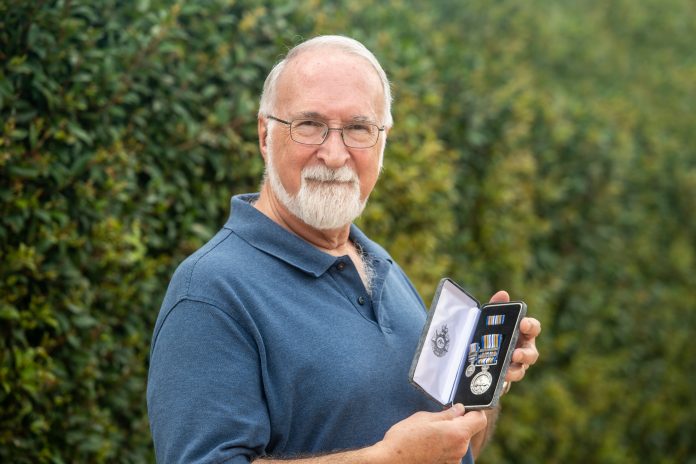After working at mass grave sites around the world, Professor Peter Ellis has perspective on what’s important.
The Buderim 71-year-old was recently honoured with an OAM for his service to medicine as a forensic pathologist.
He specialised in victim identification and was tasked to war-torn Kosovo, the scene of the Bali Bombing, the wake of the Thailand tsunami and to the wrecks of crashed planes.
“It is confronting, but if the concentration of the work is on identification, so that we can return those remains to the families, then you can get past the confronting nature,” Professor Ellis said.
He started his pathology career on the Sunshine Coast before moving to Sydney to become the Director of Forensic Medicine at renowned Westmead Hospital.
He was there for 20 years and developed a pathology department that became the largest in the country.
“I really enjoyed it. It was valuable work and an enormous experience,” Professor Ellis said.
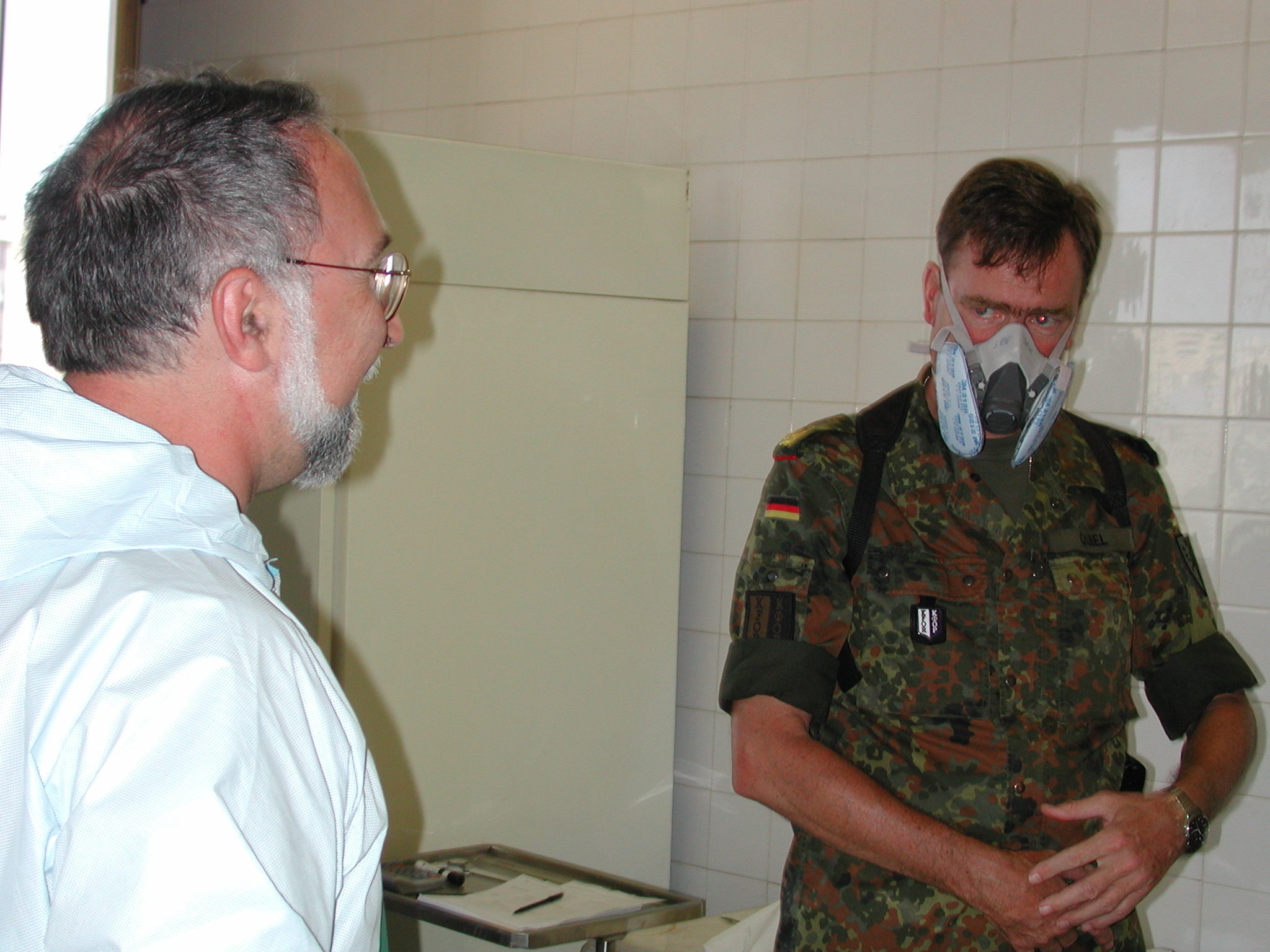
While working in Sydney, he was asked to go to Kosovo, which took his career in a new direction.
“The British Government was developing a program to do mass grave excavations, to investigate the war crimes of people like (Slobodan) Milosevic and (Ratko) Mladic,” he said.
“They needed to have the bodies examined to collect evidence and I happened to be a pathologist who was available.”
While in Kosovo, it became obvious to Professor Ellis and his colleagues that more could be done for families of victims.
“At that time, the only work being done was collecting evidence for a criminal trial,” he said.
“No effort was made to identify bodies, but it became very apparent to all of us working there that the families in that region had lost husbands and sons and brothers, who were taken away and executed.
“They needed those bodies back for closure and to do that you had to identify them.”
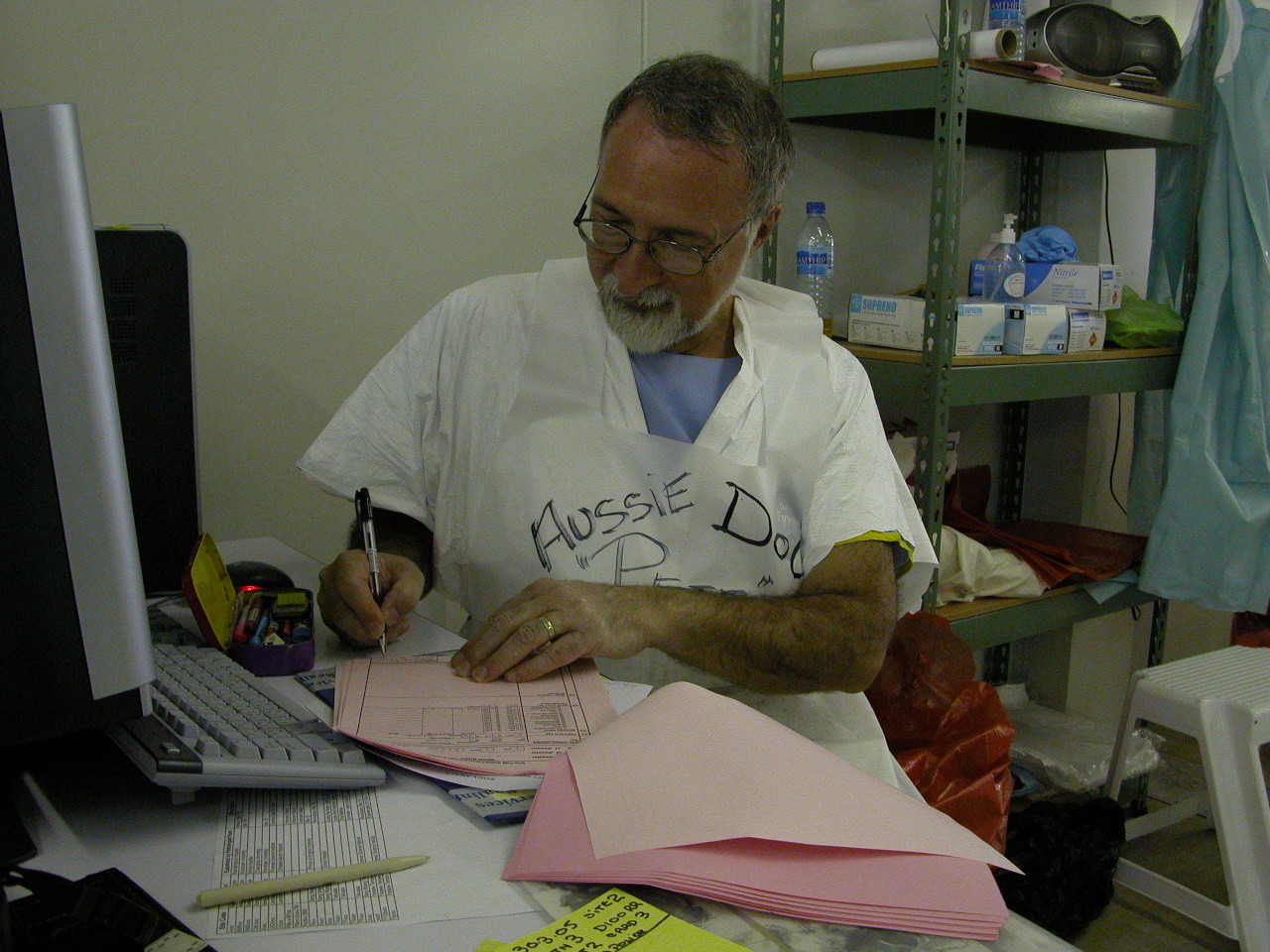
Professor Ellis returned to Kosovo a couple of years later to work entirely on identification.
“That’s how I got involved in the whole process of identifying victims after mass fatality incidents,” he said.
He went on to work at the scenes of the Bali bombing, Thailand tsunami, Black Saturday bushfires, Christchurch earthquake, aeroplane crashes and other incidents, “whether they be natural disasters, accidents or criminal events.”
Professor Ellis was also involved in identifying the bodies of World War I soldiers at a French battlefield in Fromelles.
The bodies of 250 unidentified Australian soldiers were excavated and examined and most were identified and reburied in individual marked graves, each with a named gravestone
“I revisited the cemetery a few years later … it was a pretty emotional moment,” he said.
His career was steeped in grim tasks and horrific scenes, which put things into perspective.
“They impacted my life, absolutely.”
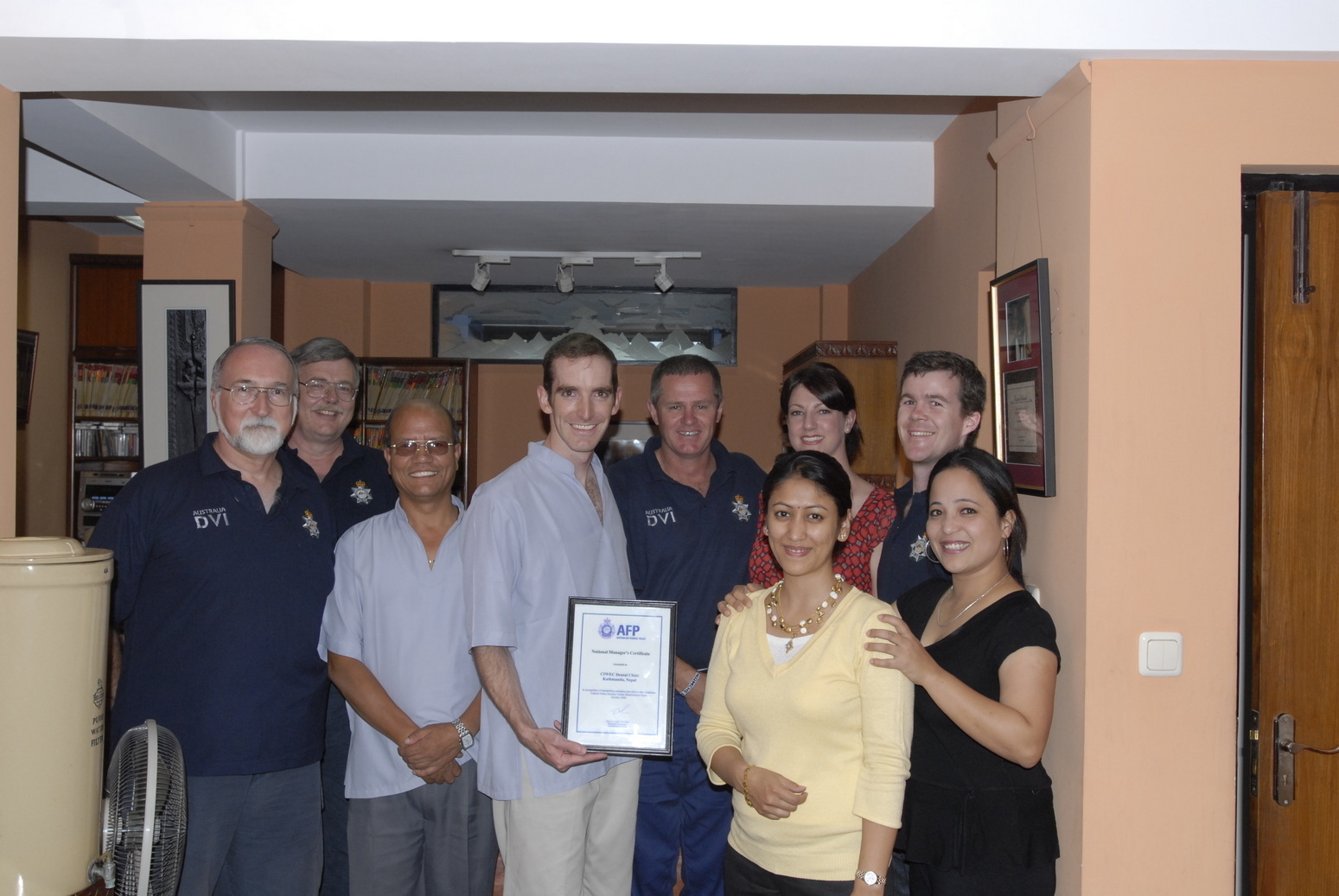
His first overseas foray to Kosovo was perhaps the most telling.
“I grew up in a normal, middle-class society, in a peaceful country, and I’d never been into a war zone,” he said.
“While the fighting had finished there, there was still military occupation, checkpoints and mine clearances.
“That was my first experience seeing whole villages that had been burnt out and mass graves, people being buried who had obviously been executed because they still had wrist bands and blindfolds on.
“It was an extraordinary experience, and it changed my approach to life.
“When I came back, I had a different perspective on what was and wasn’t important.
“There used to be arguments in the tea-room (at Westmead) about who had left the top off the sauce bottle and that type of thing.
“That happens, but I used to say to them ‘guys, look at this in the reality of the world. This isn’t important.”
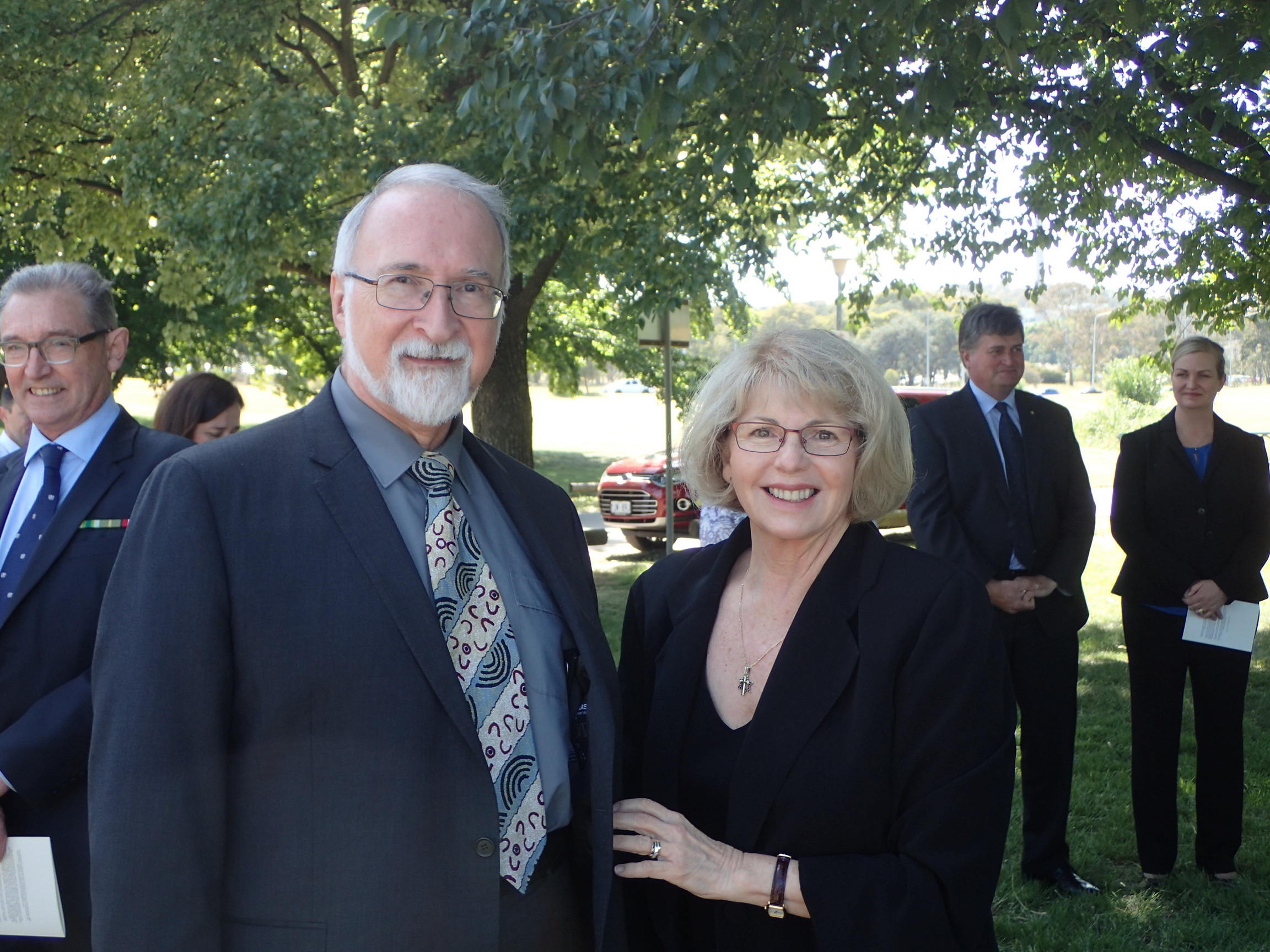
Professor Ellis’ time in Thailand was also significant, after the tsunami in 2004.
He was the first international pathologist to attend.
“I saw literally hundreds and hundreds of bodies lying in the temple grounds,” he said.
“I realised it was our job to identify every single one of them.
“They were from all over the world, and you couldn’t tell who they were by looking at them because they’d been in the sun for a few days.”
It became the largest identification program that has been attempted.
“It went on for nearly a year and involved teams from around the world,” Mr Ellis said.
That effort sparked a new phase in his career.
“It got me involved in international identification programs, which has been most important,” he said.
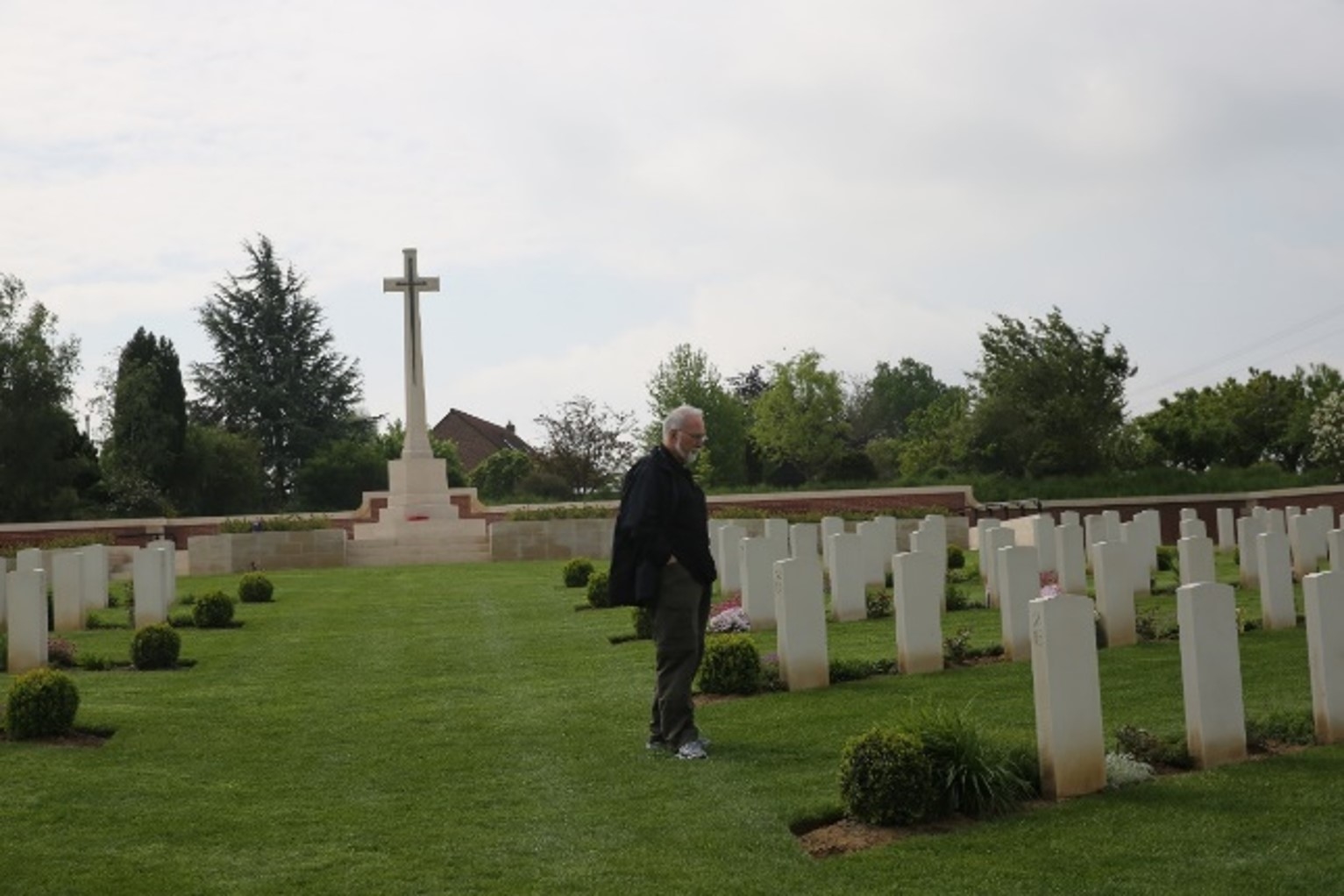
The call of the Sunshine Coast was always there, and he returned in 2006.
He became the Chair of the Pathology and Anthropology Sub-group, Disaster Victim Identification Working Group, INTERPOL. He held that role from 2015 until 2021.
“People think of INTERPOL as a police organisation, but they also take on the role of setting up identification standards around the world, with incidents like air crashes and tsunamis” Professor Ellis said.
“The victims come from all over the world, so you’ve got to get your information from all over the world.
“You really need the same system. You can’t have one type of information collected in one country and another type in another country, so INTERPOL takes on the role of standardising the program.
“INTERPOL uses scientific experts such as pathologists, dentists and fingerprint experts to advise them.
“So, I was heavily involved in international identification work and found it very rewarding.”
Now retired, Professor Ellis still acts as a consultant for various groups, offering his services free of charge for much of it.
“I haven’t stopped working, but I’m not working full-time,” he said.
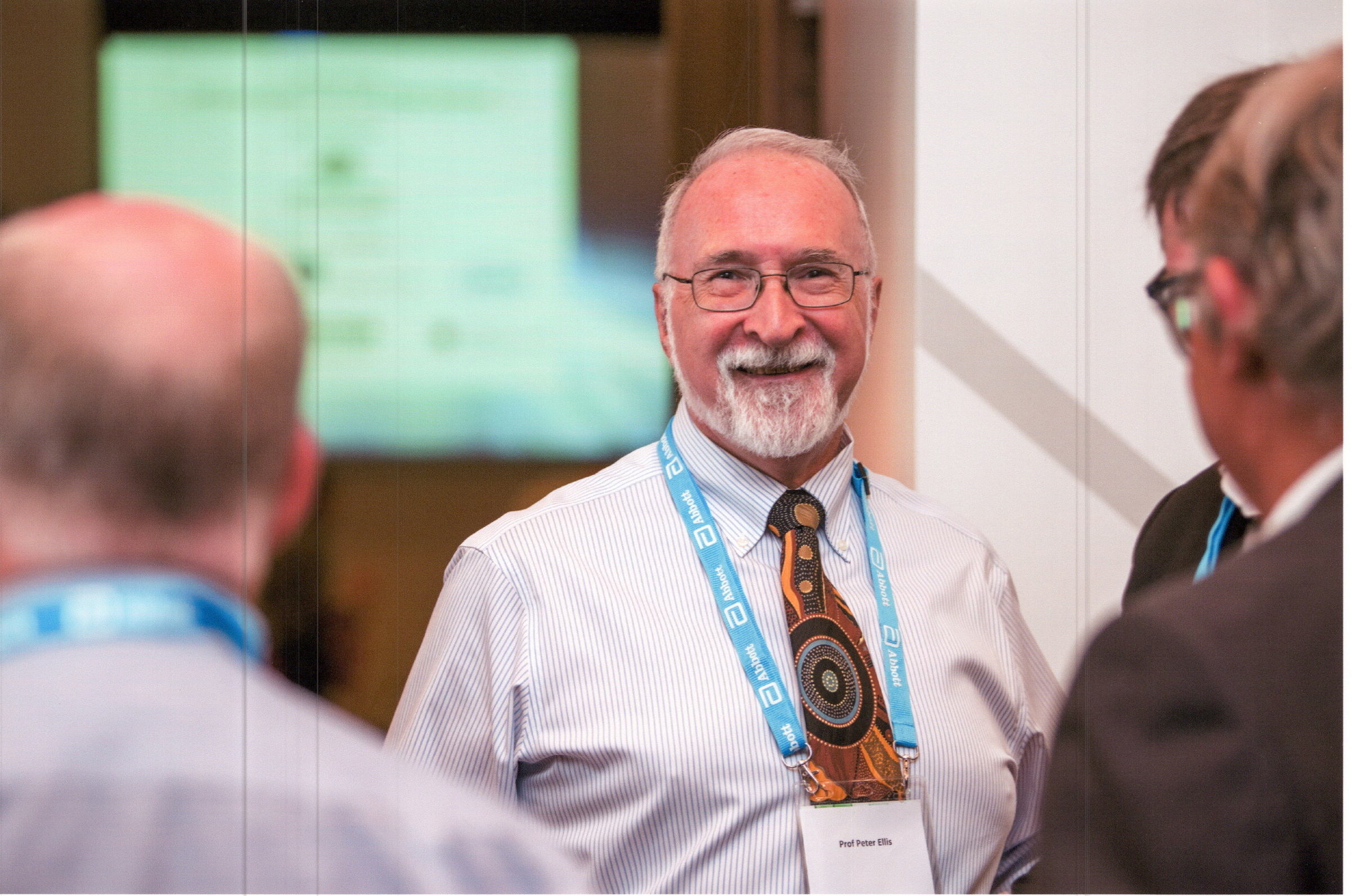
He’s also writing chapters for books, exploring the welfare of disaster victim identification workers.
“There’s an increasing interest in developing psychological support for workers involved in DVI for mass fatalities, so I’ve been helping to develop books for that,” Professor Ellis said.
He also gets to spend more time with his wife Susie.
“She (Susie) has been my rock,” he said.
He can also catch up with his adult children and enjoy hobbies, including cooking and keeping fit.
He and his wife love living in Buderim.
“It’s the best place in the world,” he said.
“I’m not going anywhere else.”
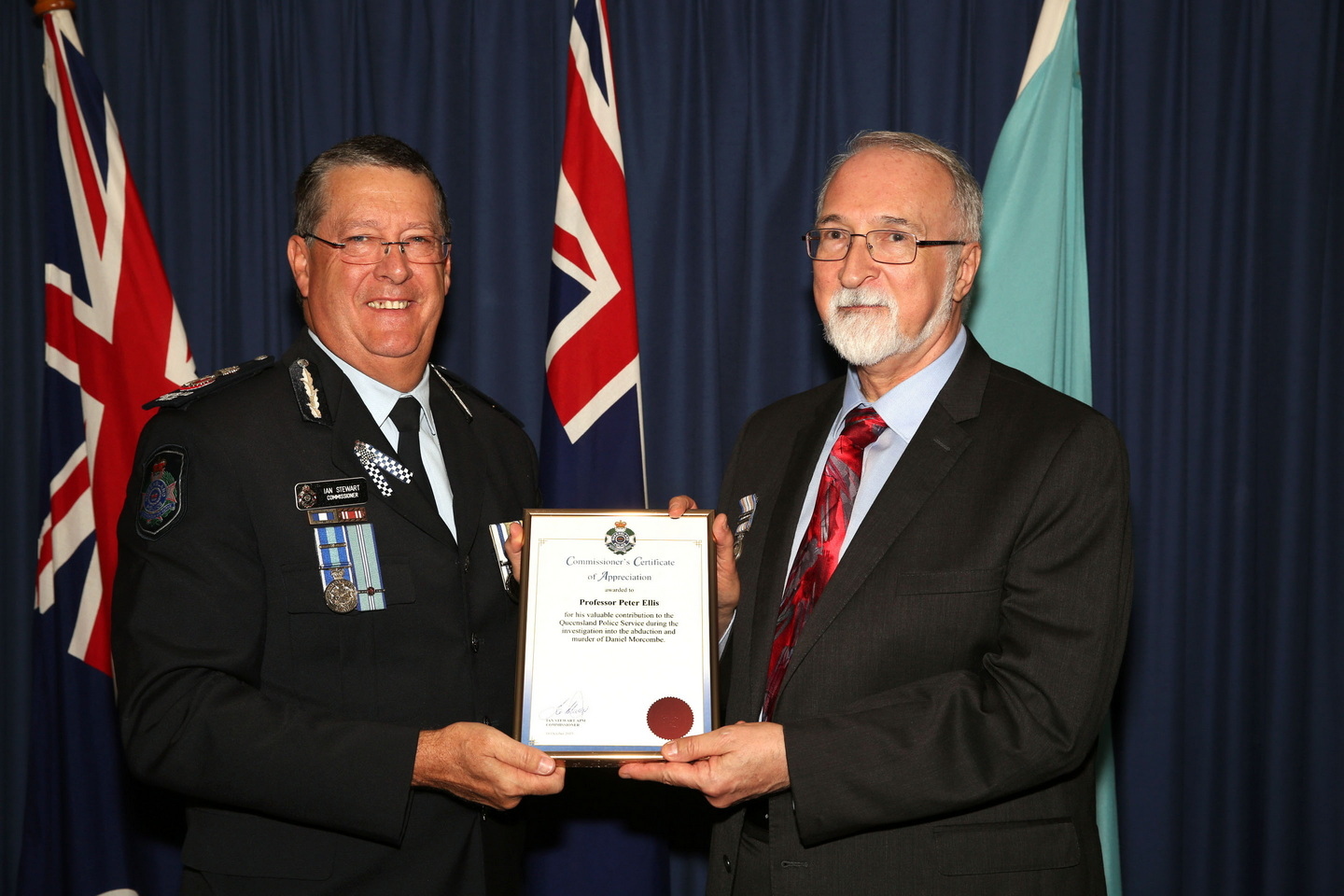
Help keep independent and fair Sunshine Coast news and opinion coming by subscribing to our free daily news feed. All it requires is your name and email. See SUBSCRIBE at the top of this article.
Professor Ellis said he was pleased to receive the Australia Day Award and he appreciated the support he had received.
“It’s a good feeling … it’s great to be recognised.”
“I’ve heard from people who I haven’t seen or worked with in years. They’ve found out about the award and called to congratulate me, so that was very nice to touch base with them all.
“I’m very grateful for the support I’ve had, from my wife and family and colleagues.”


